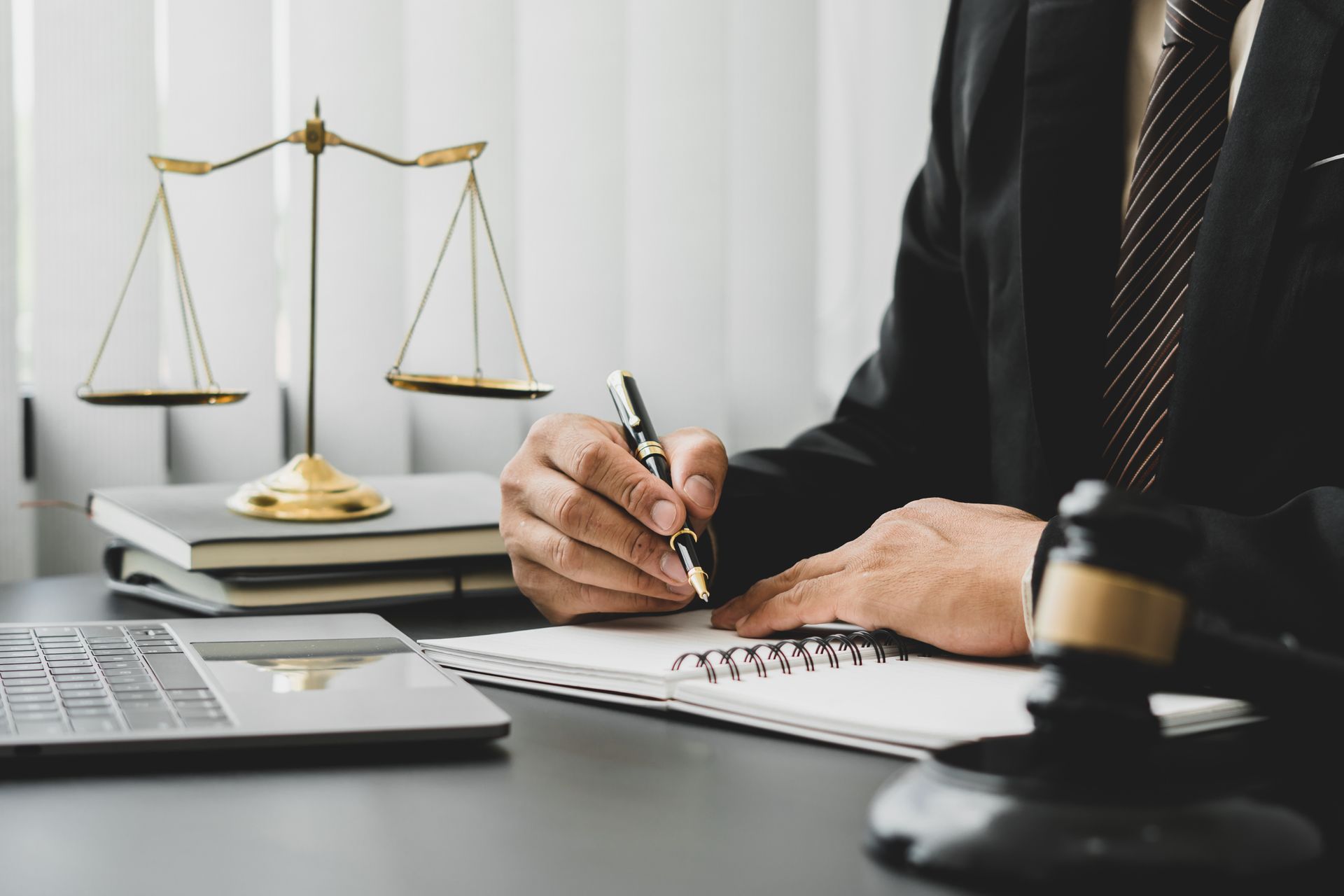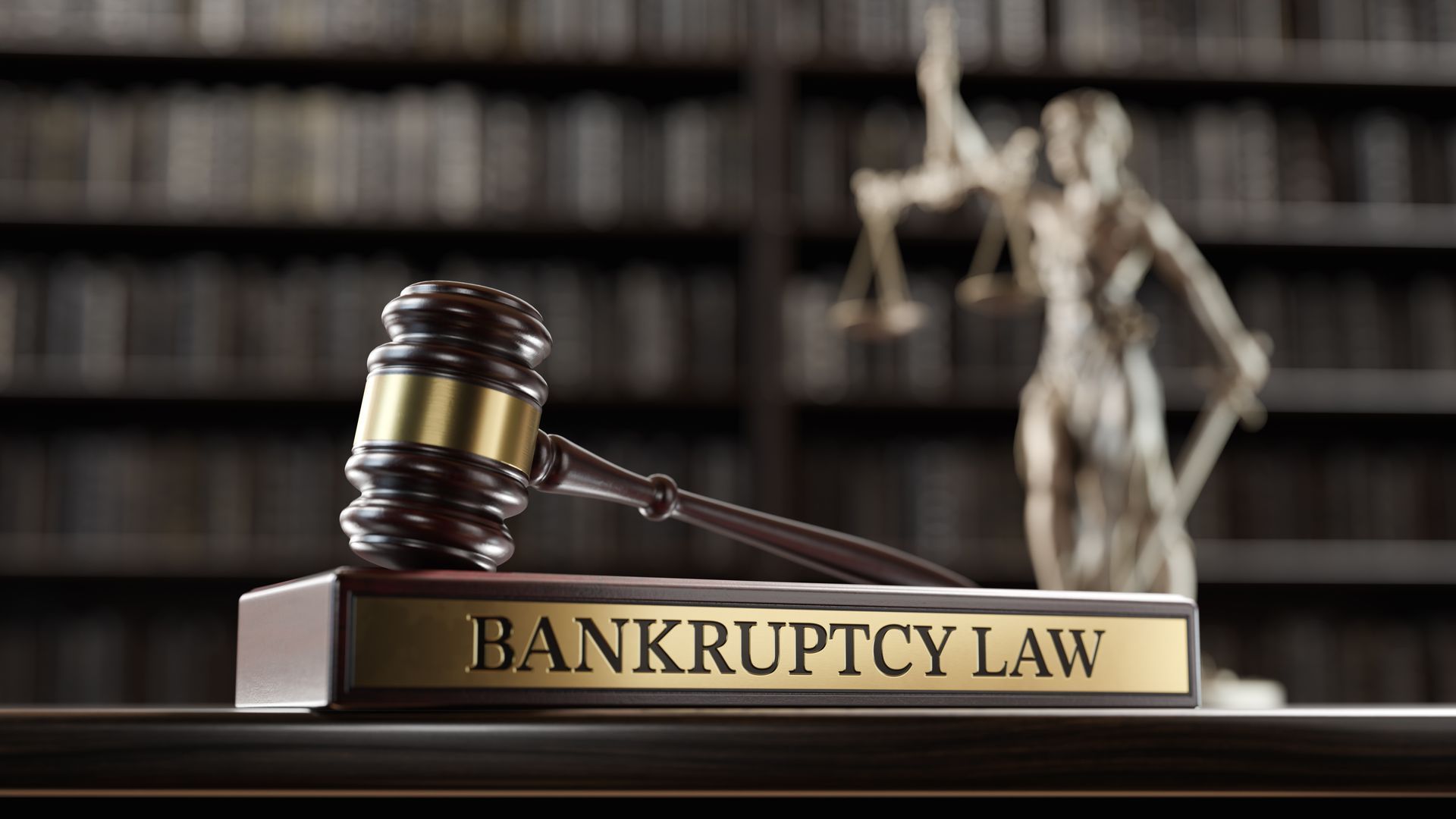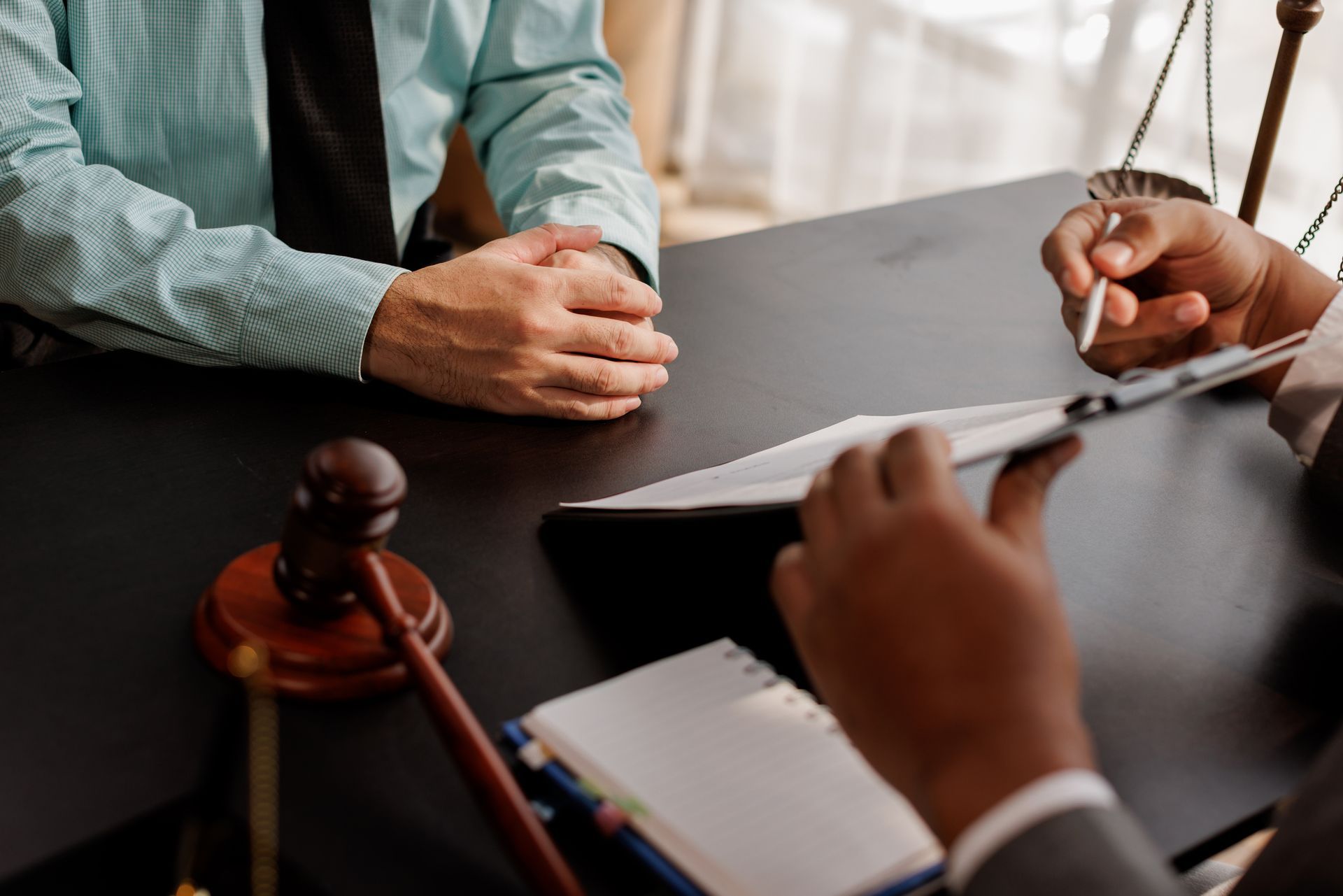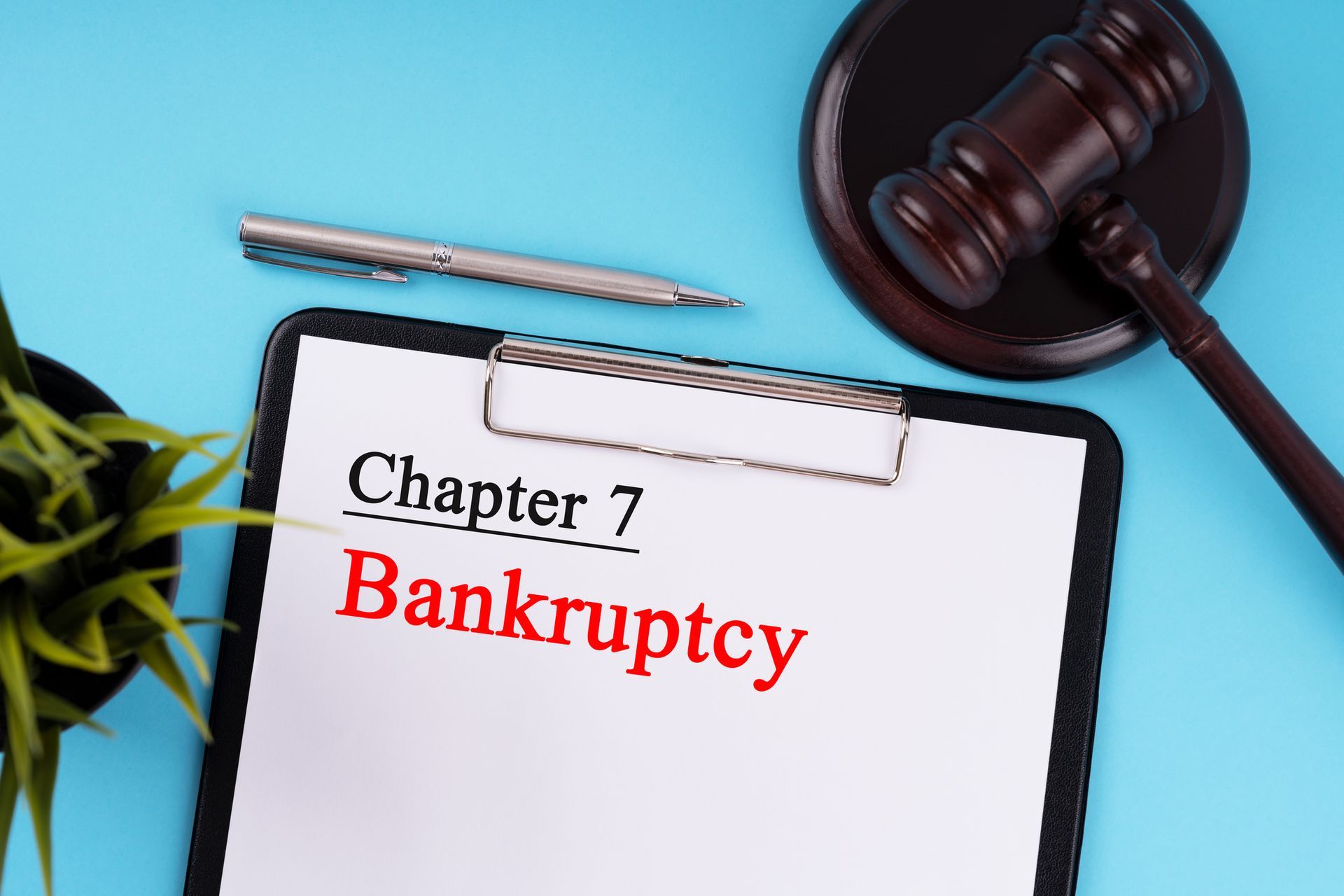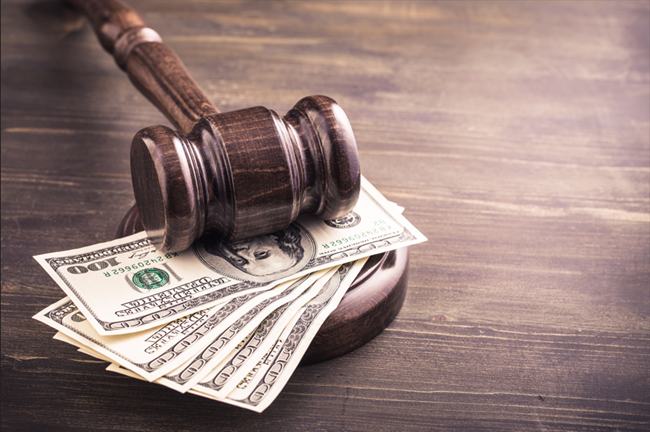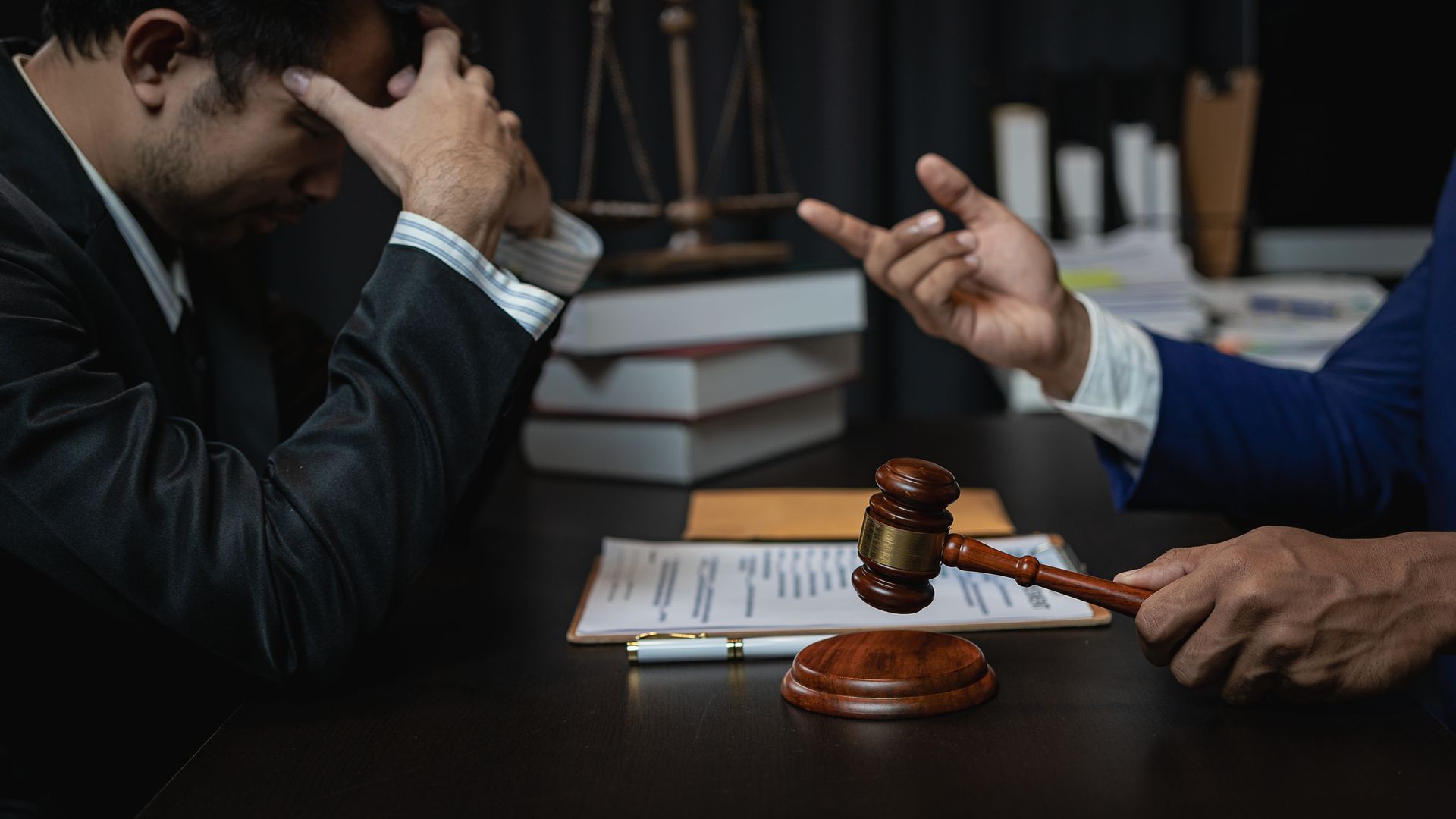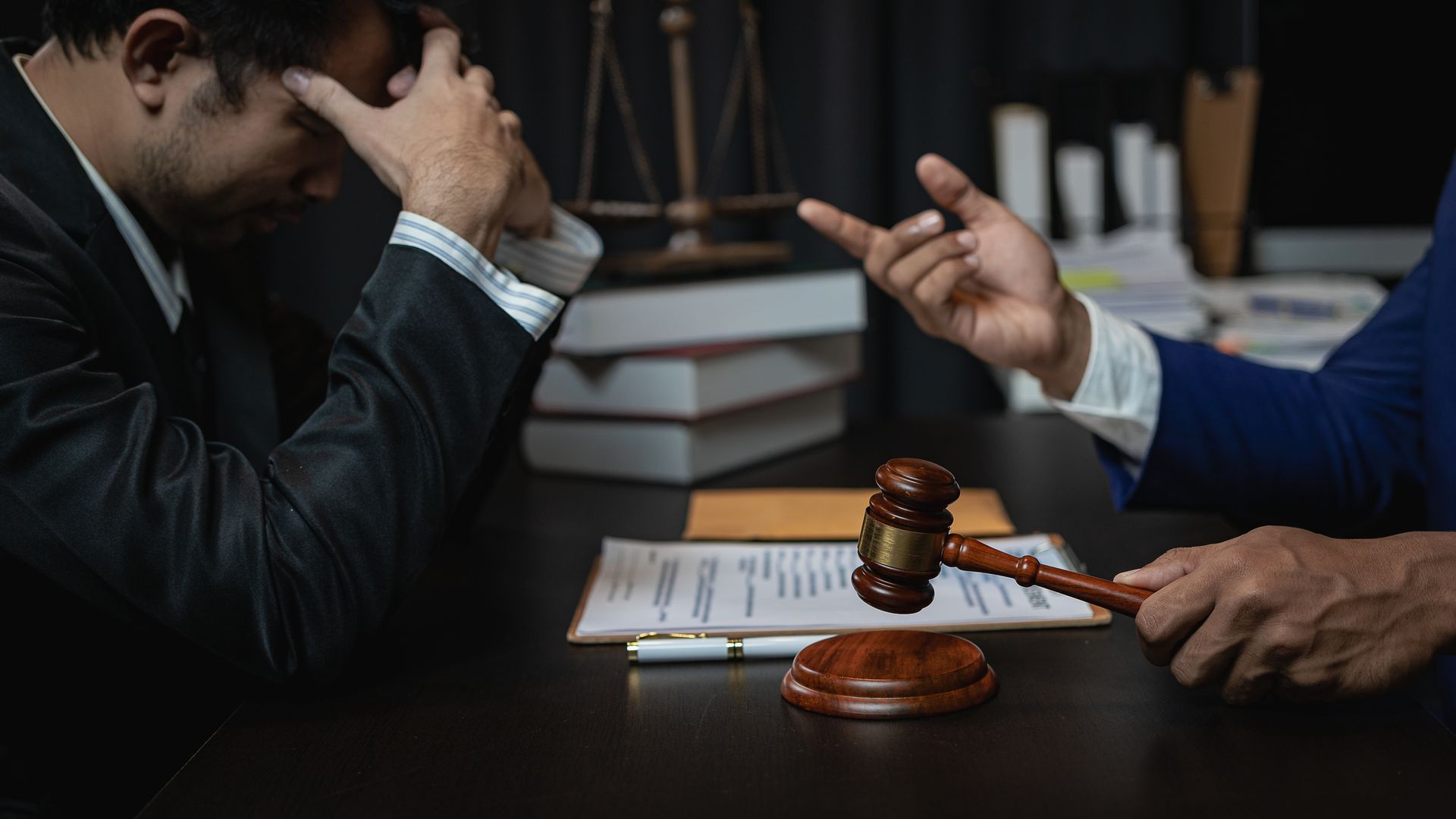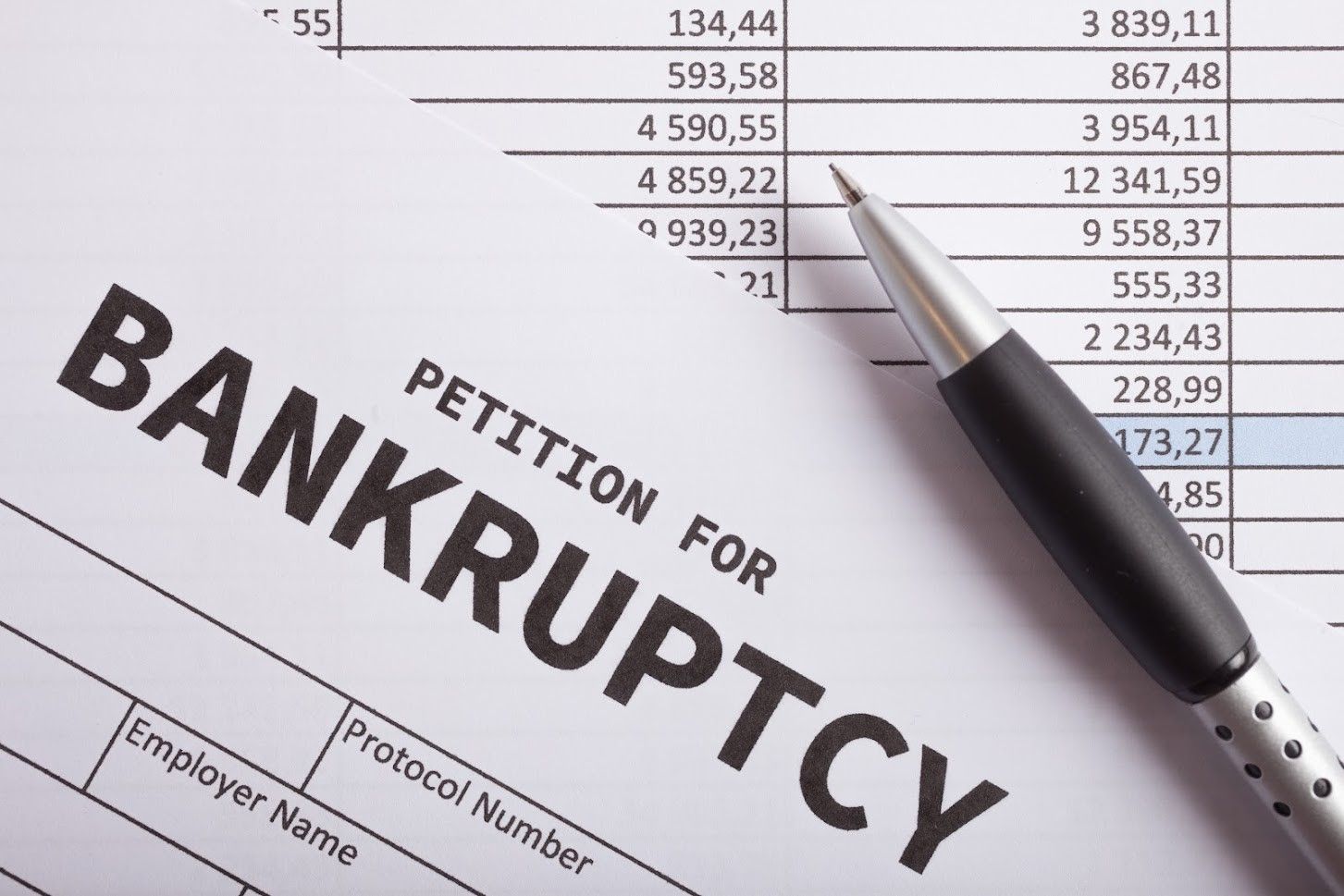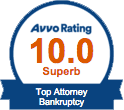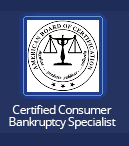When to Use or Avoid Credit Cards Before Bankruptcy
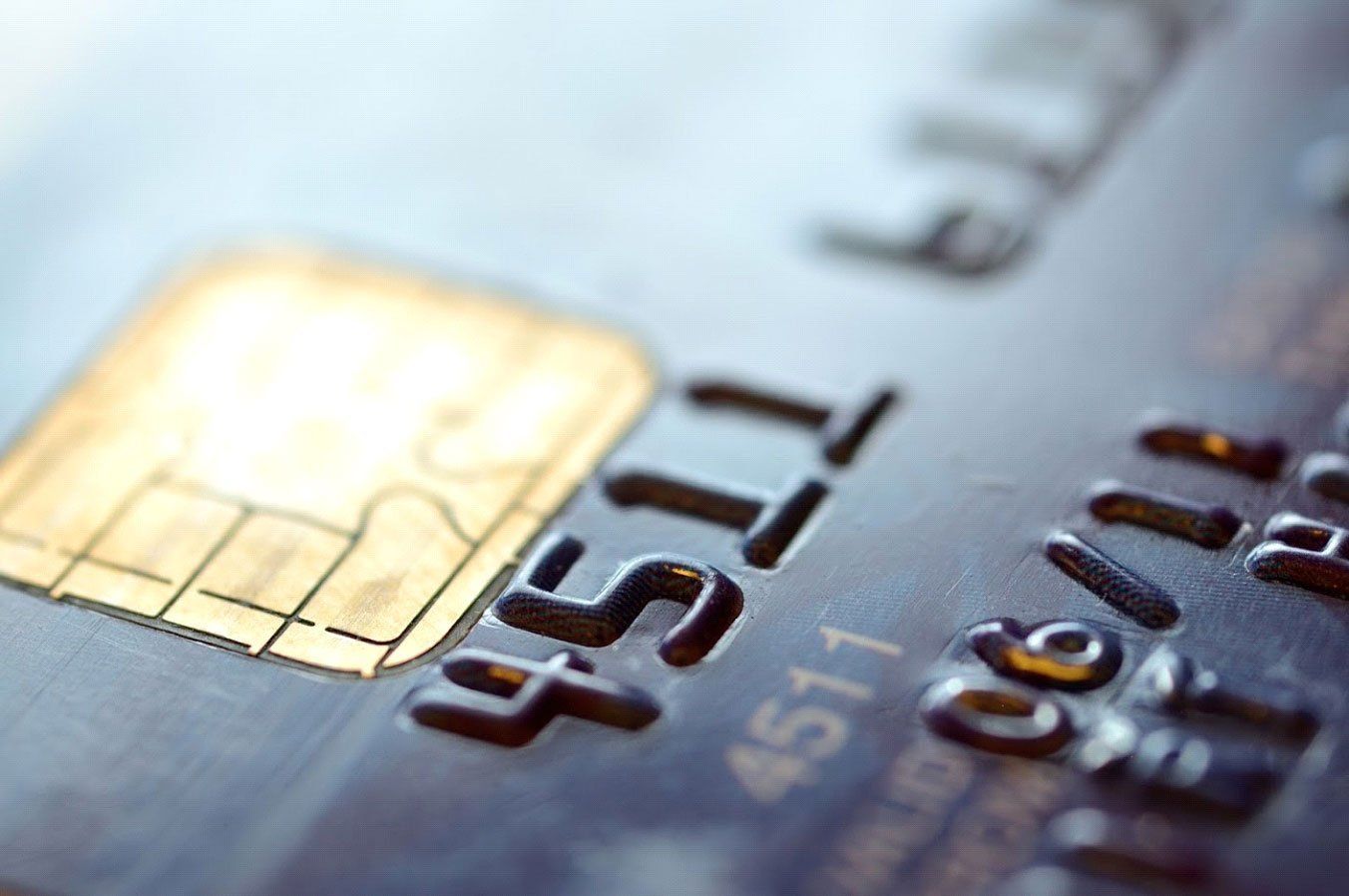
If you are seriously planning to declare bankruptcy and gain relief from a financial crisis, your actions in the period leading up to the bankruptcy can have a big impact on its success. One area that can cause confusion among debtors in their pre-bankruptcy life is how to use credit cards.
Used wisely, credit cards can be a lifeline you need until the bankruptcy protection takes effect. However, used unwisely, they can make your situation more fraught. Here's what you need to know in order to avoid any pitfalls.
Use Credit Cards as Needed
The biggest question you may have as bankruptcy approaches is whether or not you should use your credit cards at all. The short answer is generally yes. Bankruptcy courts understand that credit card usage is one of the most common ways that those struggling financially can keep themselves fed and clothed. So use of a card for necessities isn't automatically a major issue when processing your petition.
While a variety of factors affects how you should use those cards, the rule of thumb is that you should not do without something needed to maintain your health, safety, and welfare just because you have to charge it. Remember that debt is a temporary problem, so don't turn your anxiety over it into a permanent problem instead.
Don't Go on a Spending Spree
Just because you can use a credit card before officially filing bankruptcy, though, doesn't mean you should use it for anything. Never take the attitude that your debt will be wiped clean, so you should charge up your card before seeing it discharged. This is bankruptcy fraud, and courts will likely refuse to wipe out this debt.
Bankruptcy law has a few rules in place to define fraudulent debt usage. Purchasing more than $725 of luxury goods and services in the 90 days leading up to bankruptcy is considered fraudulent activity. The judge may rule this type of debt non-dischargeable. Likewise, it may be fraud if you take out a cash advance of $1,000 or more within 70 days of bankruptcy.
Of course, the definition of luxury goods and services is somewhat open to interpretation. Legally, it includes anything not reasonably necessary to support you and your household. Some luxuries are obvious — such as vacations, spa treatments, expensive dinners, or new jewelry — but others may be less clear. If you plan to charge something that may be questionable, talk with a lawyer first.
Remember Your Bankruptcy Chapter
The final element in wise use of your credit cards is to understand how they will be treated during bankruptcy. Not all bankruptcies, after all, completely discharge debts.
If you will file Chapter 7, your goal is to have non-exempt assets liquidated in order to pay against qualifying debts. What remains of these debts will then be discharged completely. However, Chapter 13 creates a payment plan in which you agree to pay a stipulated amount for three to five years. Depending on your situation, you might pay off only some of the debts or you may be responsible for all of them.
Because the amount you will be responsible for during and after bankruptcy varies, handle credit card debt now in the way that will cause the least amount of difficulty in the future.
Start By Meeting With an Attorney
Do you have questions about credit card debts in bankruptcy, the effects of specific purchases, or which Chapter is right for you? Start by meeting with an experienced bankruptcy attorney as soon as possible. Charles J Schneider PC can help. Call today to make an appointment and get the guidance you need to navigate the path to true debt relief.

